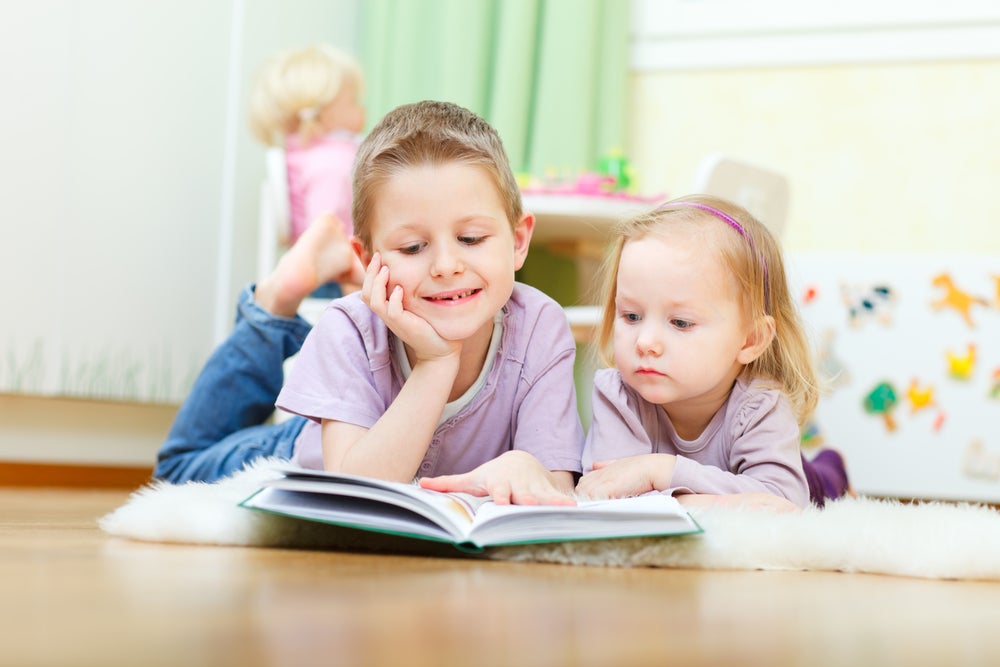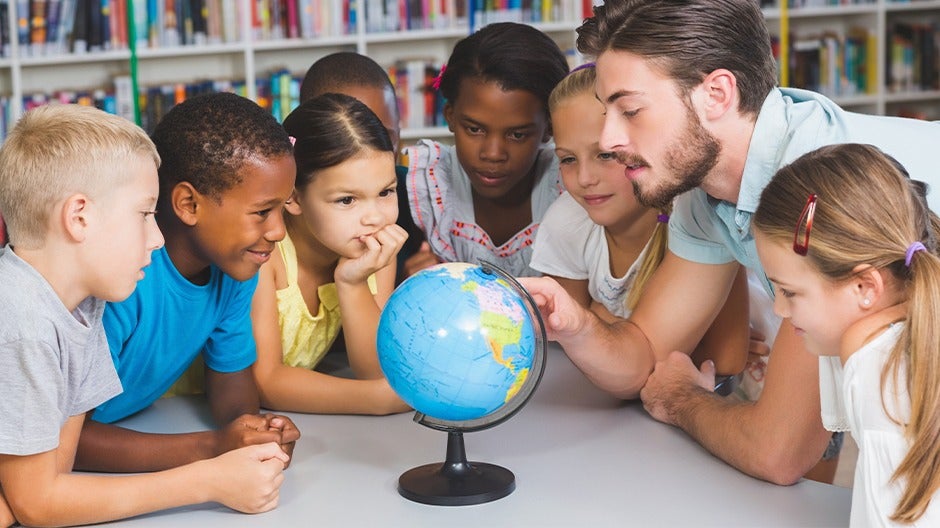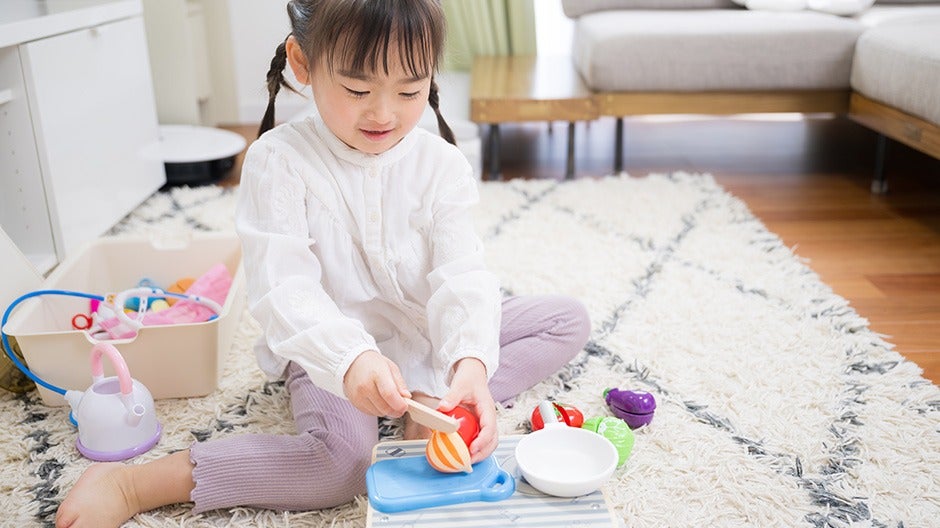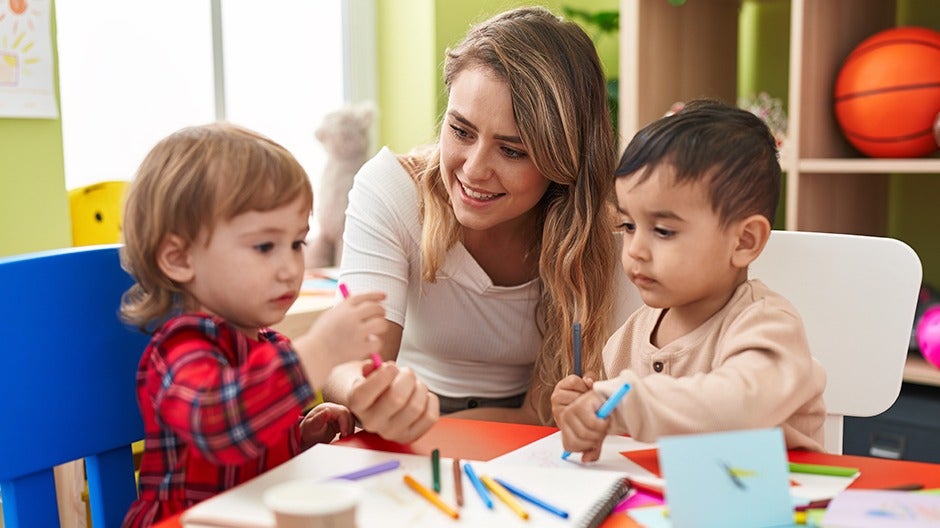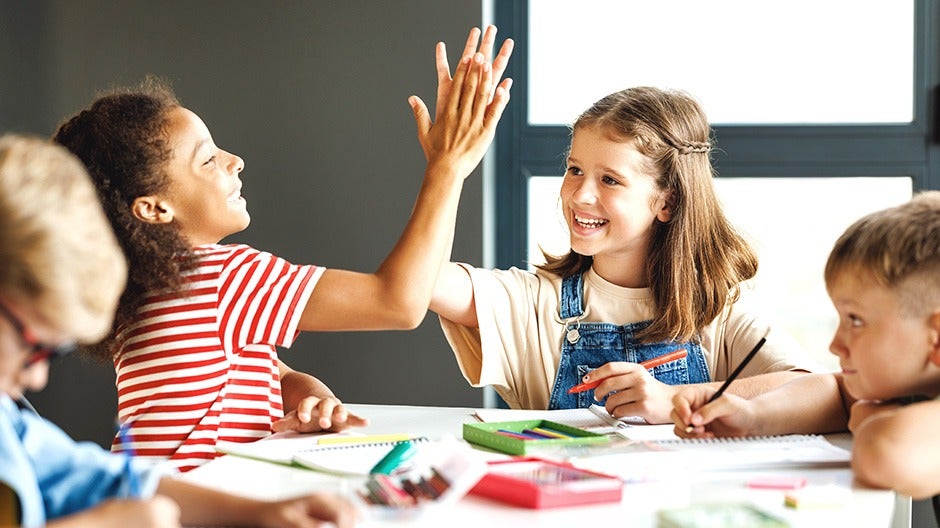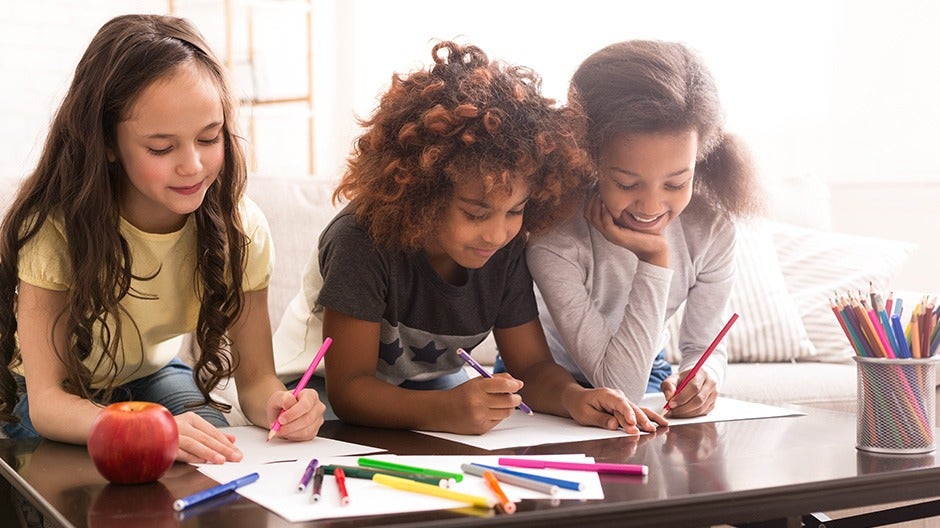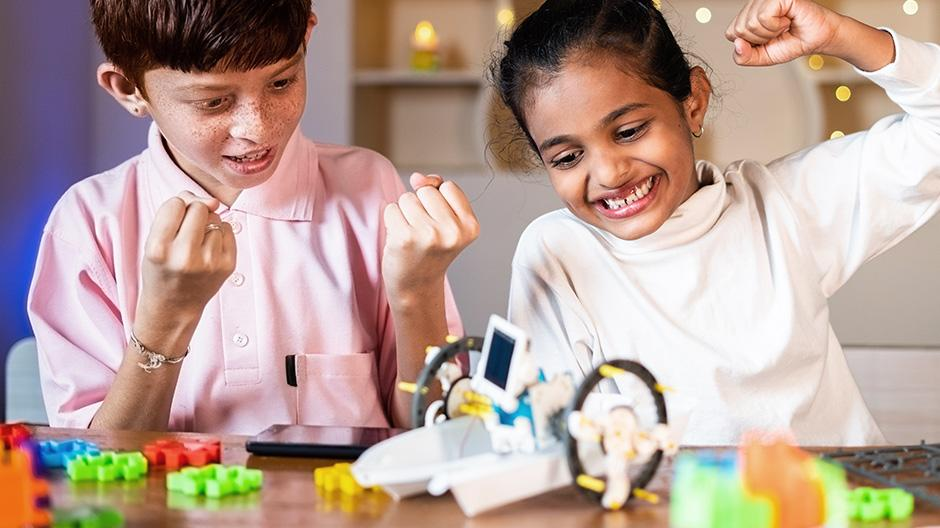Kindergarten reading is an exciting beginning to your child’s lifelong relationship with literature and language. Begin is here with the complete guide of what to expect, how to help, and how to have fun during this new chapter!
The Short Cut
- Learning to read is a vital (and delightful!) Core Skill, one of the 5 C’s that helps kids thrive in school & life
- In kindergarten, kids will learn to match sounds to their letters which will lead to sight words and CVC, or vowel-consonant-vowel words (think: The Cat in the Hat!)
- Parents can help their children with basics like learning the alphabet, reading and rereading favorite books, and even acting out stories & sounds to reinforce memory
Goals for Kindergarten Reading
There are several reading skills your child will be introduced to during kindergarten. Let’s take a look!
1. Phonological and Phonemic Awareness
The biggest thing that will influence your child’s reading success in the future is their ability to navigate phonological and phonemic awareness.
They’ll learn how to manipulate and play with sounds and words through these two avenues. They’ll work on isolating individual sounds in words, recognizing and blending syllables, matching letter sounds to the alphabet, and so much more!
2. Print and Book Awareness
Print awareness includes things like knowing that print is read from left to right and top to bottom, that words are made up of individual letters, and that words are separated by spaces.
Developing book awareness skills means your child will understand how to navigate a table of contents, where to identify the author’s name, book title, and page numbers inside of a book.
Knowing these things will help your child know where to go in a book if they need a little bit of extra guidance or context! Plus, it will teach them what roles these little bits of information play in the formation of a story.
Along with recognizing letters and where to find information, your child’s print and book awareness skills will expand to include punctuation. Over time, they will learn the emotional nuances behind periods, exclamation points, and question marks.
They’ll also learn how to recognize common types of text, such as poems, stories, and more.
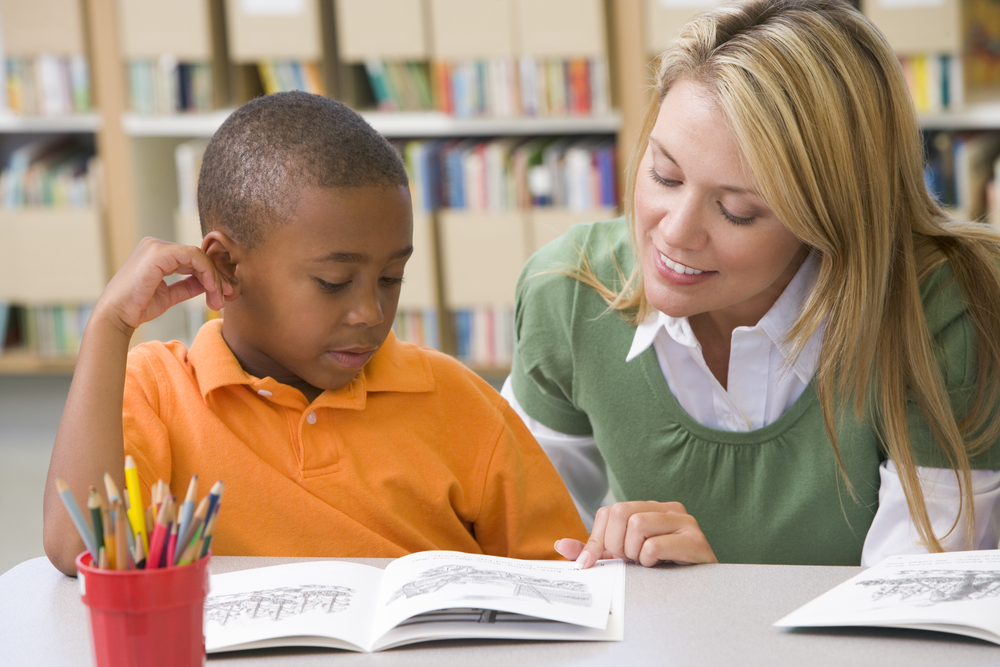
3. CVC Words and Letter-Sound Recognition
Your child will start by learning how to associate letter sounds with their respective letters. This is what we call letter-sound recognition!
Once they establish a consistent association between letters and their sounds, they’ll be ready to move on to learning how to read and spell simple consonant-vowel-consonant (CVC) words.
This includes words like bat, dog, leg, and so on. These words are easier for children to start with because they have just three phonetically regular sounds to blend together.
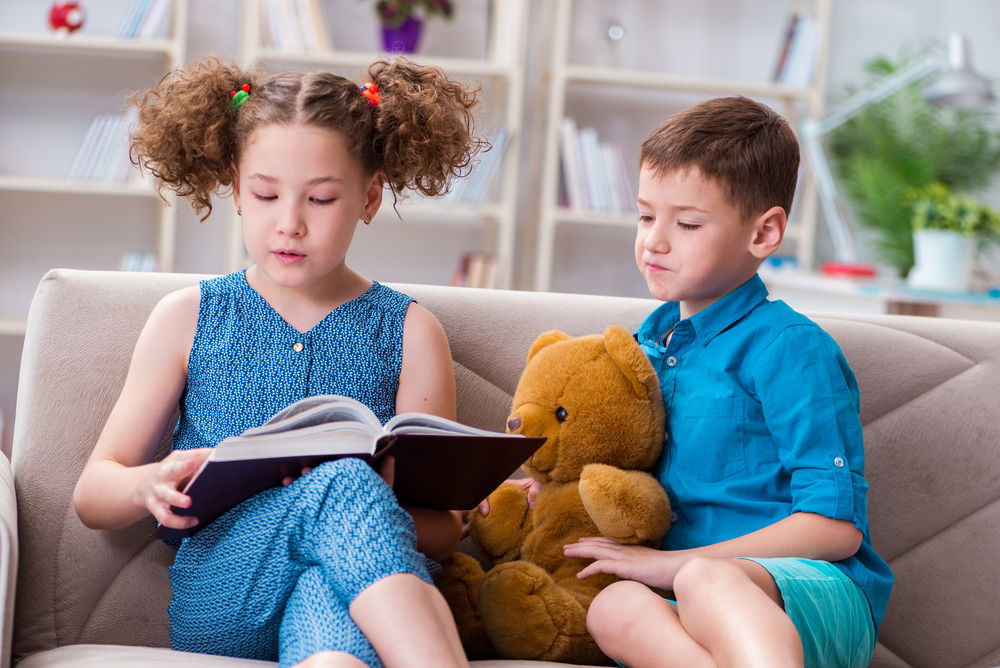
4. Recognizing Sight Words
By the end of kindergarten, your child will begin to consistently recognize many basic words by “sight.”
Sight words are words that are often more difficult to decode. This is because many of them don’t follow typical phonetic rules — they look a little bit different than how they sound.
Some sight words are phonetically regular, but the phonetic rule is too advanced for a beginning reader. These types of words will inform your child’s reading skills and make reading much easier!
Examples of sight words include:
- The
- Was
- Are
- Bread
- Again
- Have
- What
And many more!
5. Beginning To Read
Now that your child has begun to master the other skills we’ve mentioned, they will be ready to launch into reading for the first time! With lots of support from you, of course.
They’ll use their skills with letter-sound correspondence, print awareness, and CVC words to make their way through simple texts. They’ll demonstrate a broad understanding of storylines and illustrations that support the events in a story.
Their comprehension levels will remain pretty straightforward at this stage, but they’ll be able to ask and answer simple questions about the key things they read (or saw in pictures). They will also be able to retell the most important events!
Most kindergarteners won’t be able to analyze the subtler side of stories, like themes or metaphors. But talking with them about the big ideas is a wonderful way to prime their brains for those conversations as they get older!
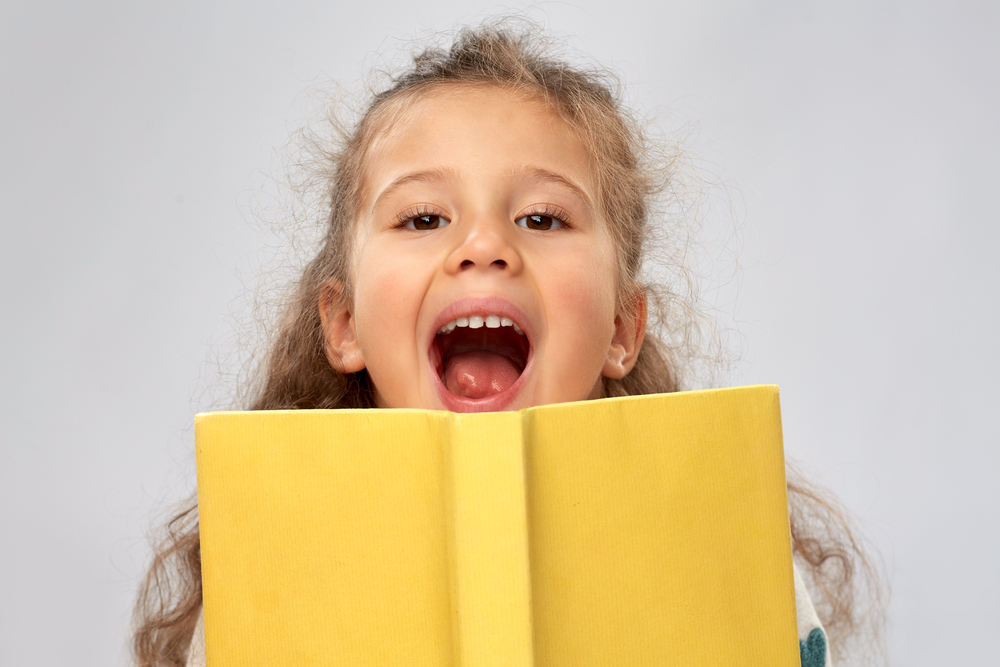
Kindergarten Reading Practice at Home
Here are some small, effective ways to make reading acquisition a little easier and develop your child’s love of reading from home!
Work On Mastering the Alphabet
It sounds so simple, but mastering the alphabet will give your child a huge leg-up when it comes to kindergarten reading.
Consistently and correctly recognizing letters means your child will have an easier time sounding out new words and memorizing familiar ones! They should be able to differentiate between upper and lower case letters, too.
Specifically, mastering the alphabet, especially linking letters to sounds, directly contributes to their success with sight words and reading, as well as spelling CVC words (they have to recognize the alphabet to be able to spell!).
You can help your child master the alphabet by playing letter recognition games, like making letters out of PlayDoh or creating personalized alphabet cards.
Overall, this is a great step to round out the foundations of their kindergarten reading skills!
Reread Books
You and your child may have played out this scene before: they stroll over to the bookshelf and pick out the same book they’ve read three nights in a row with you. Should you be worried?
Absolutely not! Rereading books is actually a great tip for strengthening your kindergartener’s reading skills.
Rereading is wonderful practice and strengthens your child’s vocabulary. Rather than learning a word once and not revisiting it, they can familiarize themselves with new words and gradually reinforce how to use them.
This means you’re supporting their efforts to recognize words more consistently, as well as developing their print and book awareness!
Additionally, rereading allows your child to dive a little deeper into a book. Each time, they will learn and notice more about the characters, their motivations, and how their actions lead to certain results.
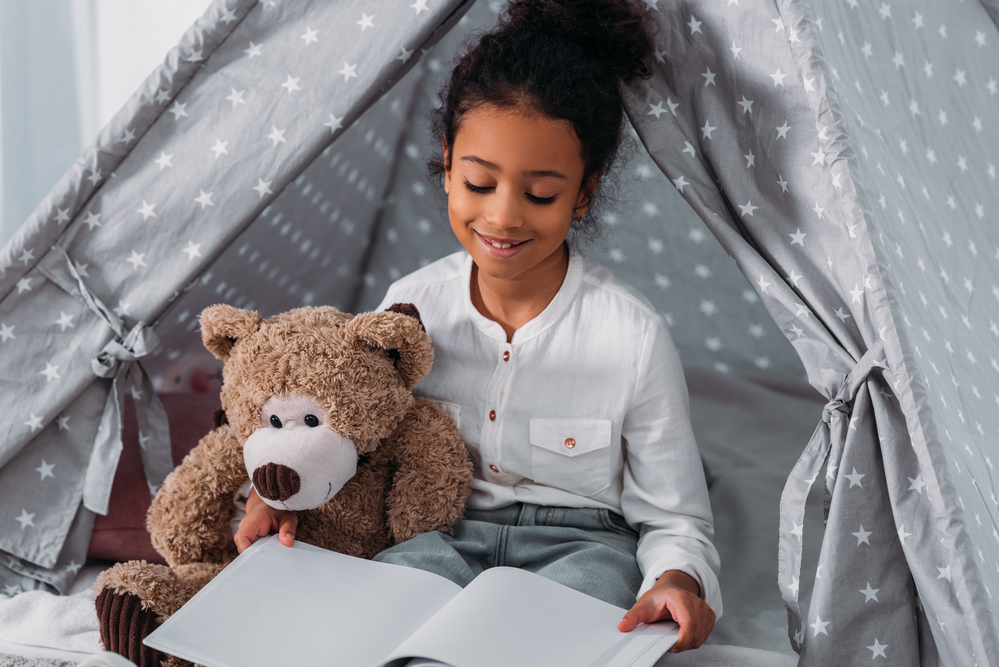
Play Sight Word Games
Learning and reading are not just for the classroom!
There are plenty of easy and effective sight word games you can play at home. Your child won’t even realize that in the midst of all the fun, they’re getting a little bit smarter, too!
While we have lots of sight word game options for your family to explore, it’s also easy to whip up a quick game at home. Sight word games are easily transferable to board games you may already have in your house, like Twister, Bingo, or Jenga.
Give Your Emerging Reader Control
Allowing your child a little bit of liberty when it comes to reading can be a great confidence booster.
Plus, when they feel like they have some control over their own reading journey, it can incentivize them to participate more. This can be incorporated into your routine in little ways.
You could let them choose what book you read together (remember rereading is OK, too!). You could also practice shared reading, allowing them to read small bite-sized words at the beginning or end of sentences.
Taking it one step at a time will help them feel comfortable and confident when it comes to reading, and they’ll be even more excited to develop their skills so they can eventually read on their own!
This carries over into life outside of books, too. Showing your child the power of reading can include pointing out signs, labels, or other writing in their environment.
Act Out the Story
There’s no rule that says you have to sit down and snuggle to read a book (though we’re certainly not complaining about that method). If you want to burn some energy and get moving, you and your child can act out the events in a story as they’re happening.
Working together to portray what’s happening in a book as you read can help your child focus and dive deeper into the story, as well as give them visual context for what’s being read.
It sets a strong foundation for their recall skills; when they retell the events (or revisit the story at a later time), they’ll be thinking about all the fun, silly ways you two acted out the story together.
You can use this time to work on their print and book awareness skills, too. If they ever have a question about the book, you two can search together, noting helpful keys like the table of contents or the index to find the answer!
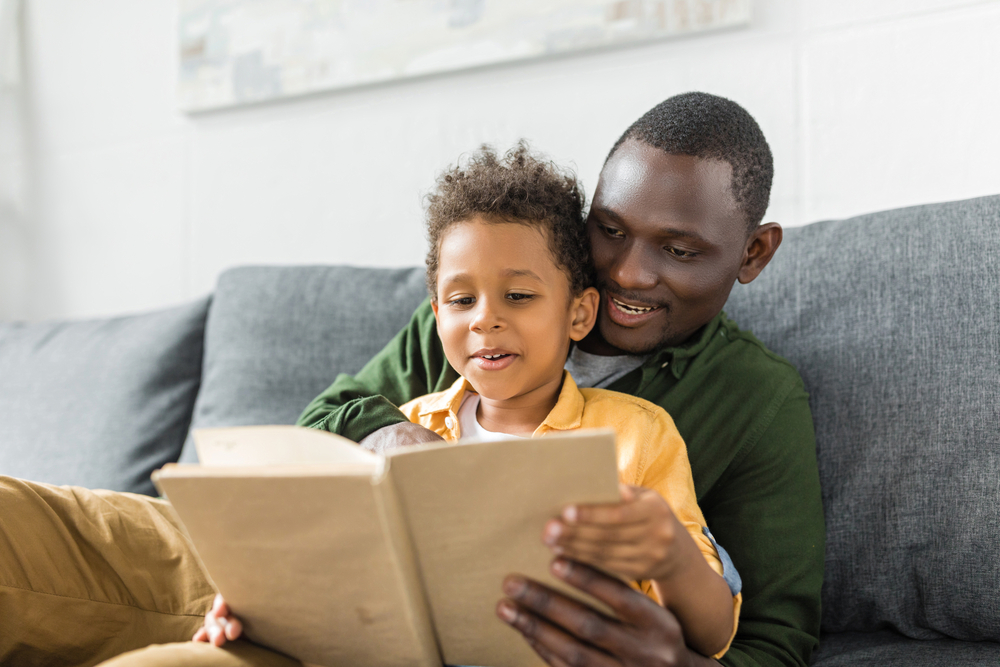
Kindergarten Reading for Future Success
You’ve made it! You now have the basics of what you need to know about kindergarten reading.
Through developing their phonological and phonemic awareness skills, print and book awareness, letter-sound recognition, and sight word vocabulary, your child will be ready to begin their independent reading journey in no time!
Begin is here to show you and your child that reading and playing do intersect. In fact, we think they’re better together!
That’s why our HOMER app is always packed with personalized activities for your child: to help them succeed in kindergarten reading and beyond!
We hope this article not only gave you some ideas of how to help your child succeed at home, but also how to nourish their growing love of reading and learning, too.
